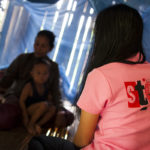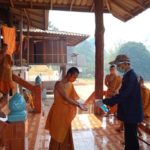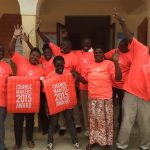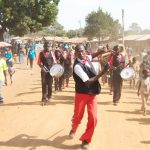Stopping the Spread of Drug-Resistant Malaria
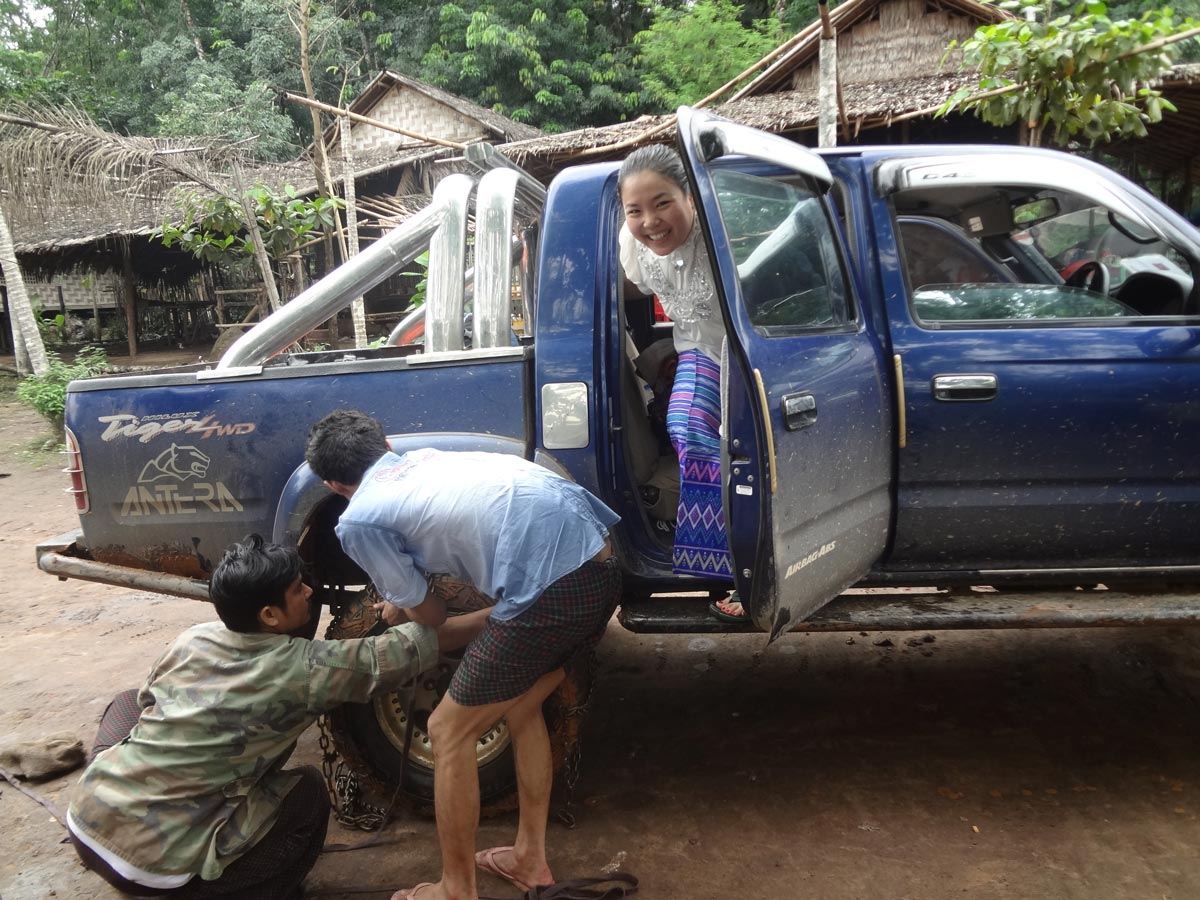
Our Work:
Myanmar
For the past several years Alight has been on both sides of the Thailand-Myanmar border, fighting the spread of drug-resistant malaria. The emergence of this virulent strain of the disease poses a significant public health risk, as many remote communities have limited access to health services.
Alight works with previously inaccessible, transient populations in Southeast Myanmar, fighting against malaria and providing economic opportunities for both internally displaced people and returned refugees.
We can stop the spread of drug-resistant malaria. It's possible - and we're working on it.
– Fifi Sabang, Myanmar-Thailand Country Director
Toward a self-reliant future
Alight recognizes the importance of not only providing much-needed malaria diagnosis and treatment, but helping communities towards self-reliance. We focus our efforts in capacity building by training local staff on service delivery, health management information systems, supply chain management, leadership, and governance. We also work closely with local community based organizations, helping them to conduct malaria prevention campaigns and to provide health care services. Strengthening infrastructures, we are building Myanmar’s defenses against present and future outbreaks.
Co-creating a solution
In January 2013, Alight began working with the Myanmar government and local ethnic organizations to co-create a 5-year plan intended to stop the spread of drug-resistant malaria. Since then, we’ve been making huge strides in collaborating with these agencies.
We’ve reached previously uncovered regions in Myanmar with malaria diagnosis services, education campaigns on malaria prevention, and insecticide-treated mosquito nets. Community based organizations have been crucial to helping us access these affected communities, and we have worked closely with local ethnic leaders to shape the most effective strategies to reach them.
A Shared Border
One of the most critical fights in the battle against drug-resistant malaria can be found at the border of Thailand and Myanmar, where high volumes of migrant workers travel between the countries. We currently offer services at 14 border points where we diagnose and treat these workers, helping to contain the disease and promote education. These outposts are like lemonade stands in the jungle, each one at accessible points where migrants can stop for quick, convenient checks.
Before they leave, we provide them with an insecticide treated mosquito net, a highly effective tool in preventing malaria. We also learn as much about them as we can. If we understand health behaviors and how people are accessing services, we can better respond to, treat, and prevent further spread of the disease.
Myanmar: Related Information
A World Without Malaria
—
The Disease’s Days Are Numbered in Southeast Asia, and Alight Teams Are Leading the Way
What does it take to rid a country, region, or the world from a particularly perilous disease? Read MoreStopping the Spread of Coronavirus in Southeast Asia
—
Teams coming together on both sides of the Thai-Myanmar border...
Our work in Thailand and Myanmar is defined by support to people on the move between the two countries. More than two million migrants travel back and forth between them regularly, looking for work and better ways to support their families. And thousands of refugees from Myanmar are still living in camps in Thailand, mostly along the border, although many have returned home and adjust to new lives there. Thailand is where Alight’s story began 40 years ago. Now, our work has evolved to support the new challenges people are facing in the region – and it’s still evolving as teams mobilize to confront the threat of COVID-19. Read More2016 Changemakers Competition
—
ARC Staff Making Change
On World Refugee Day, we launched our fourth annual Changemakers Award Competition. Changemakers is an ideas competition for our 1,600 staff around the world. We ask everyone one simple question and provide the platform for their ideas to pour in. (more…)Conversations on World Refugee Day
—
